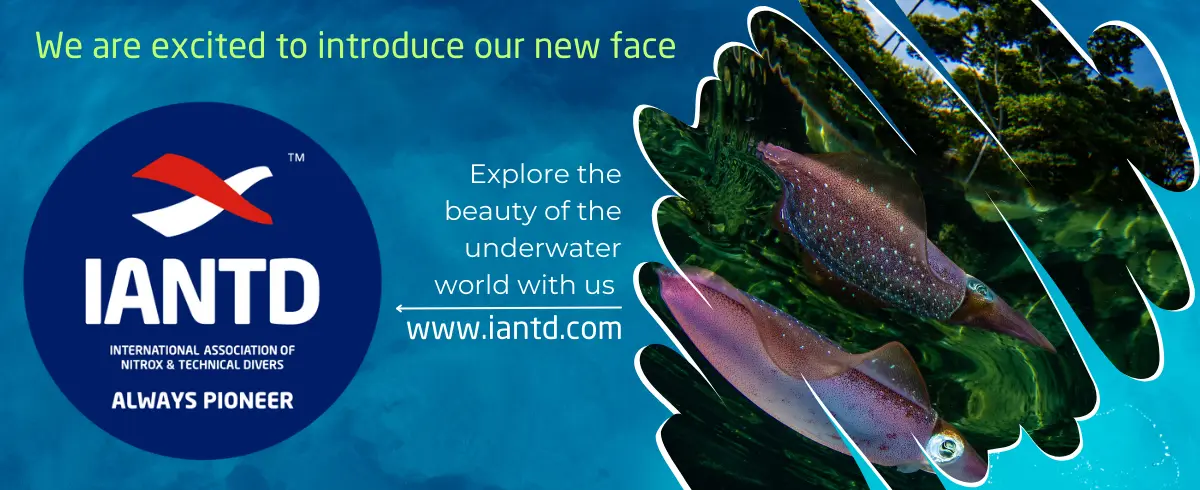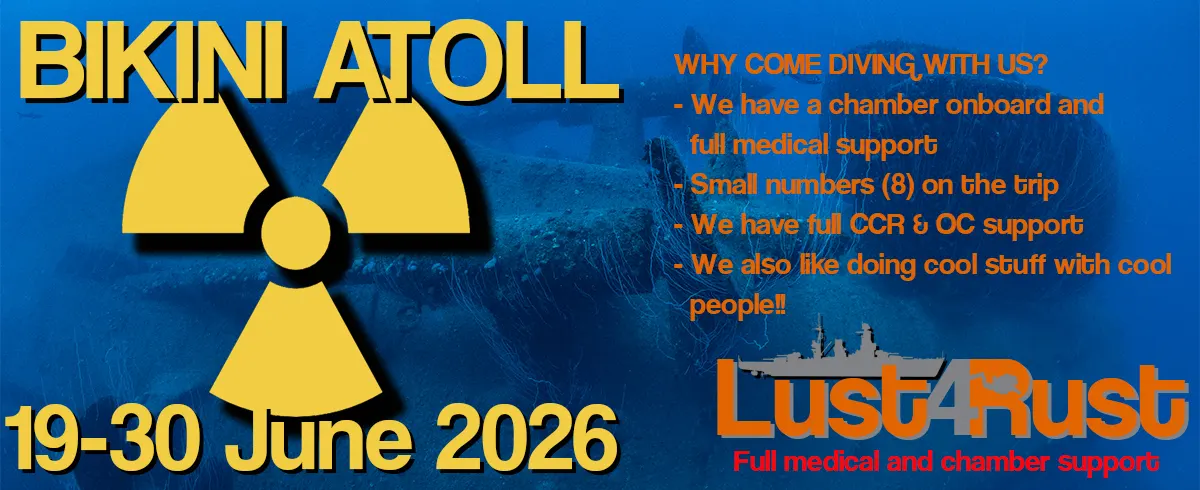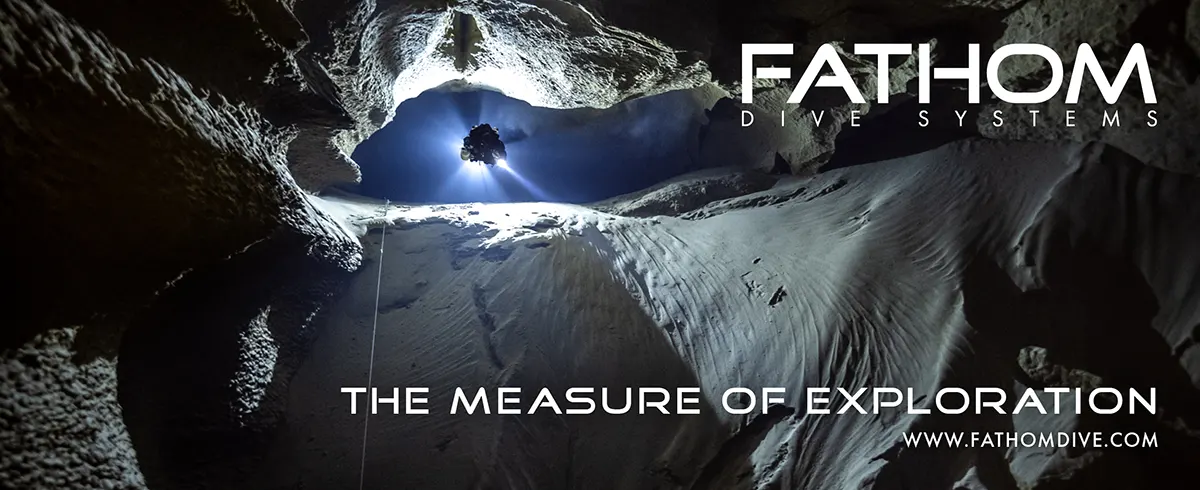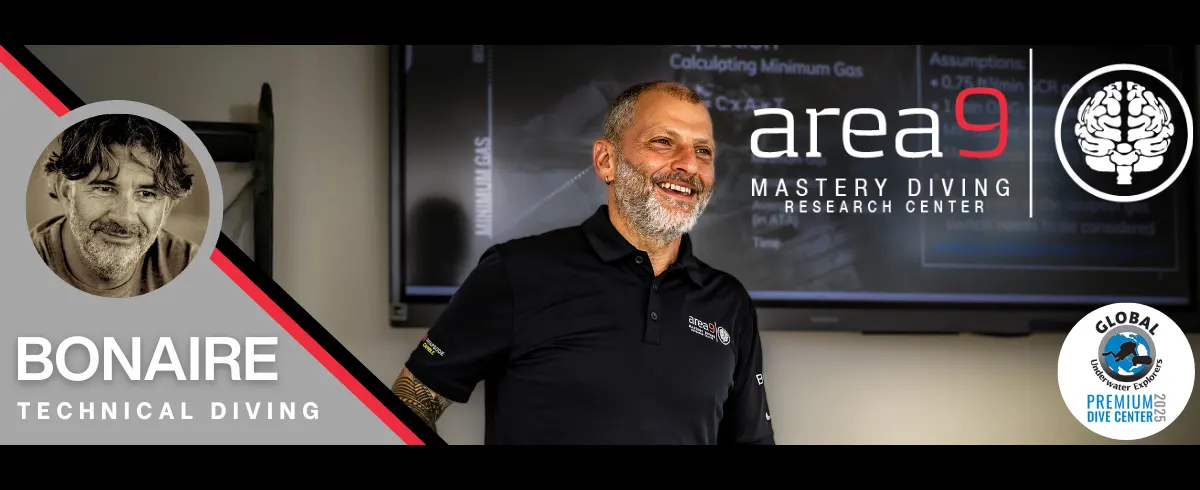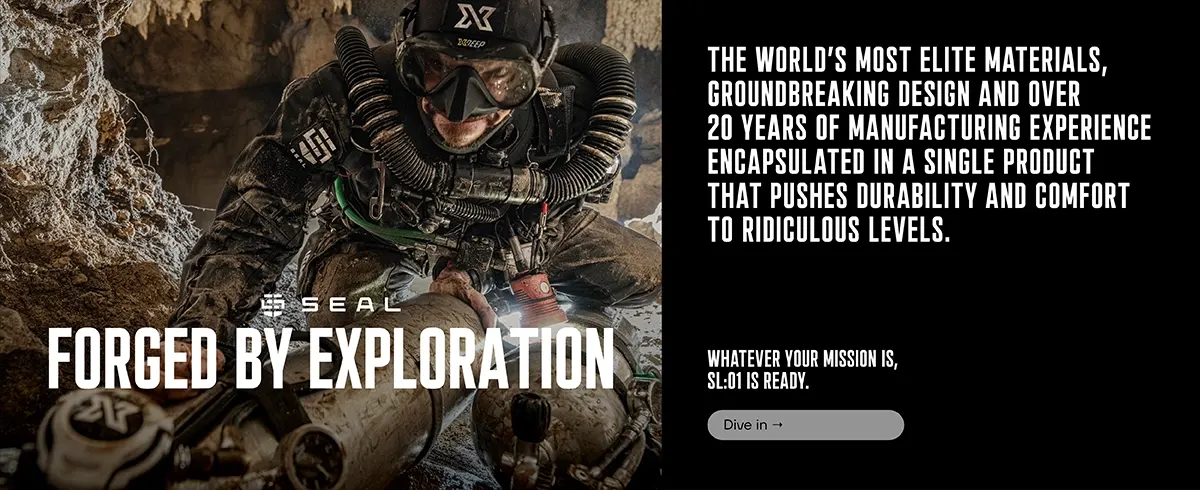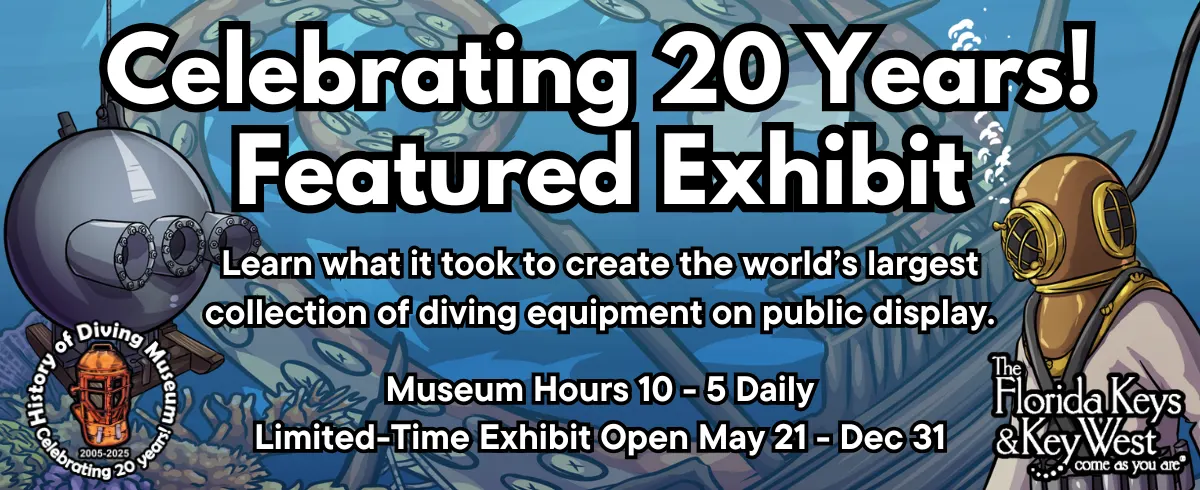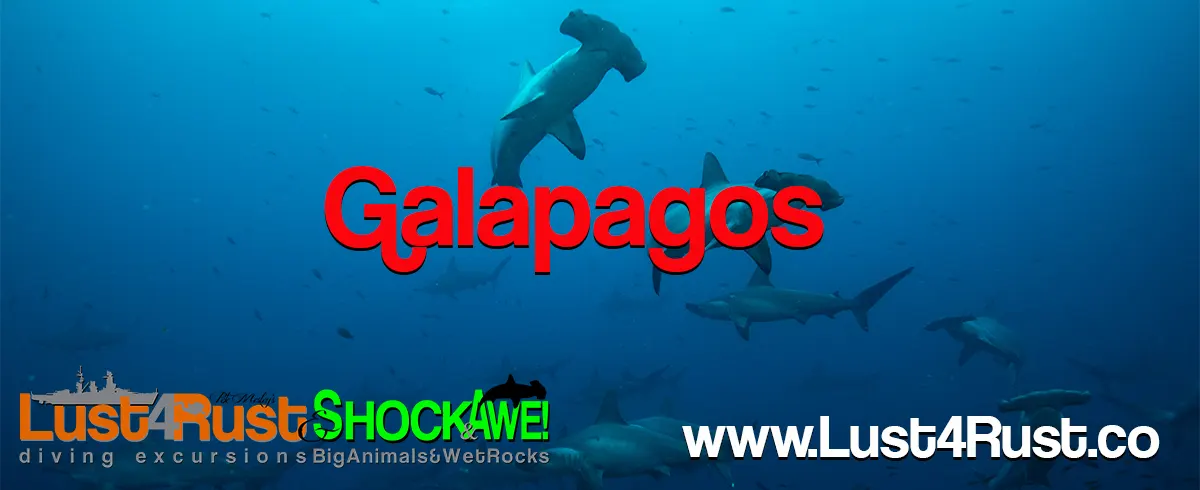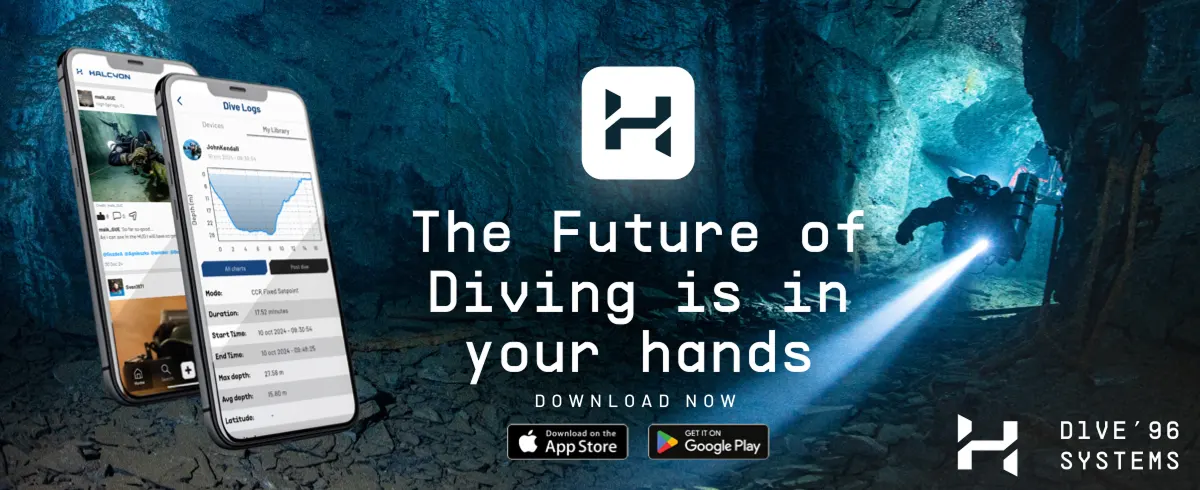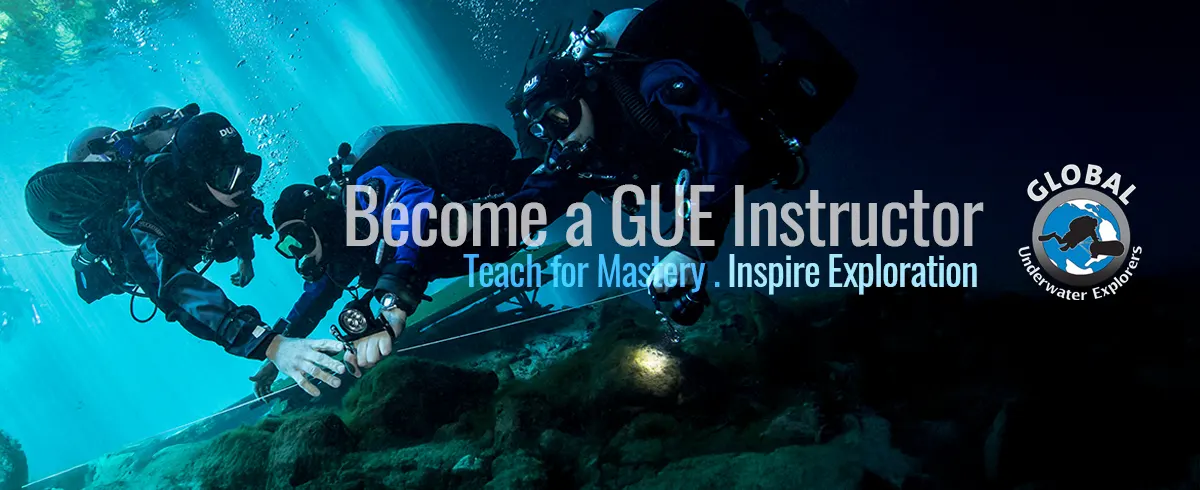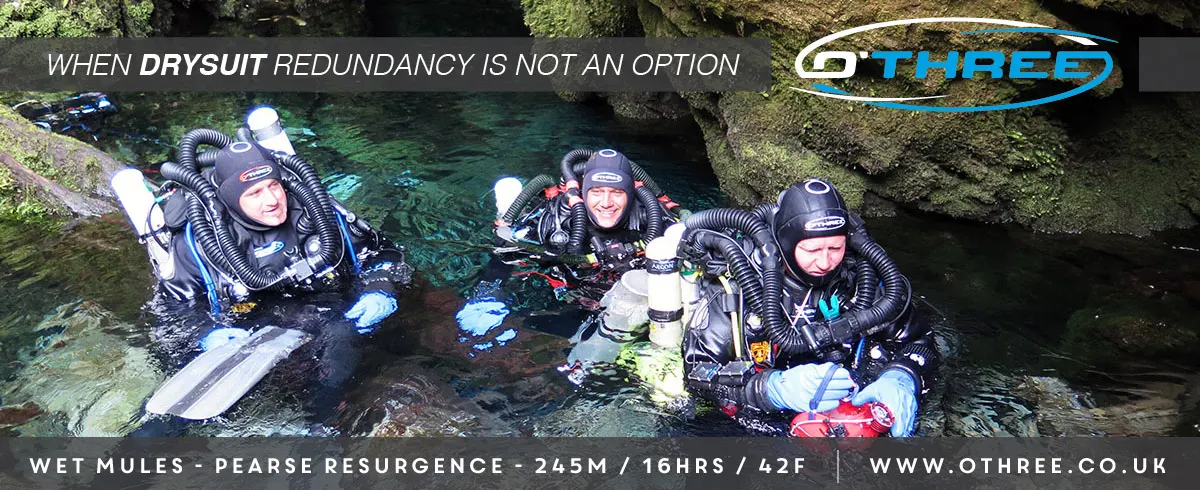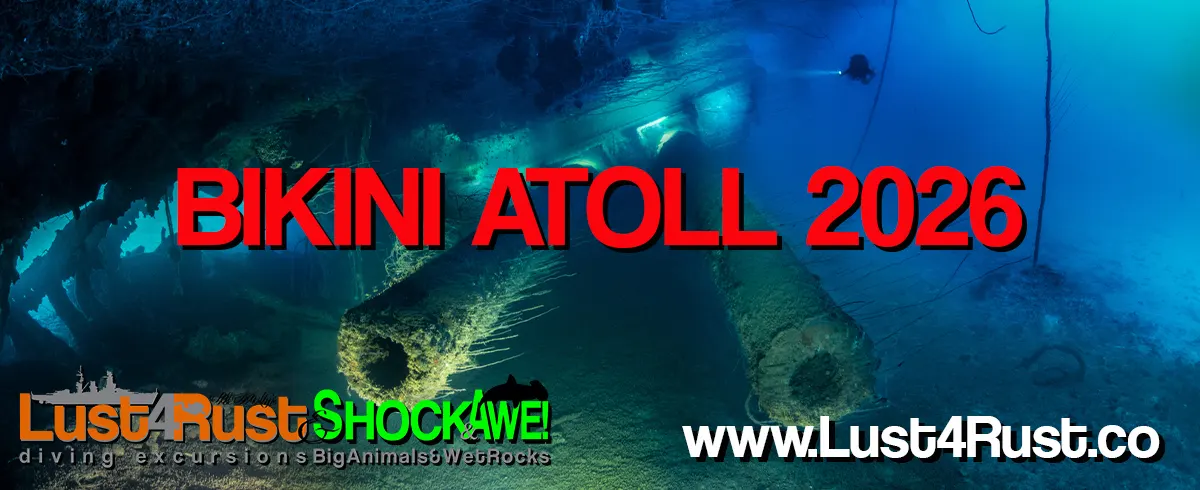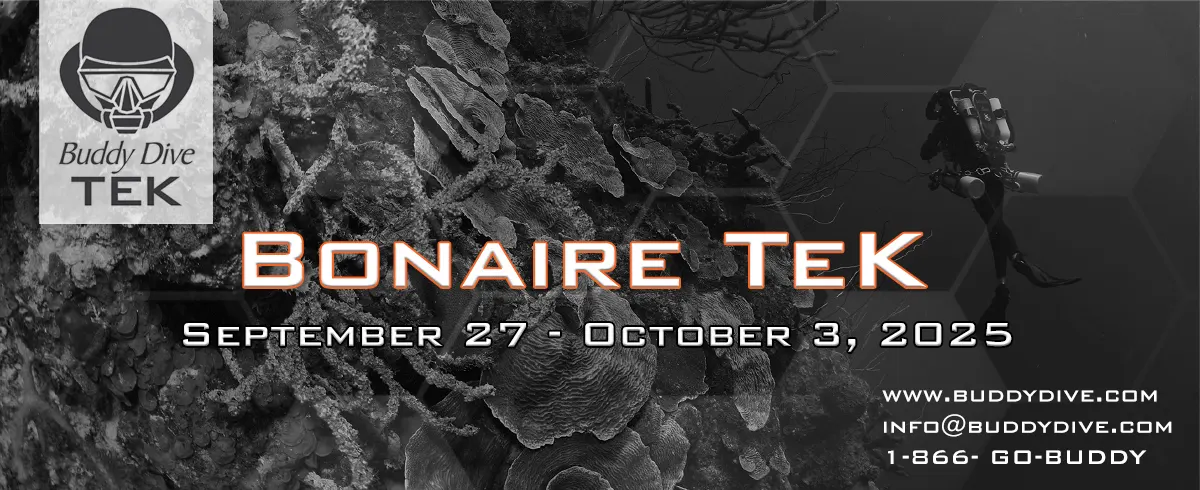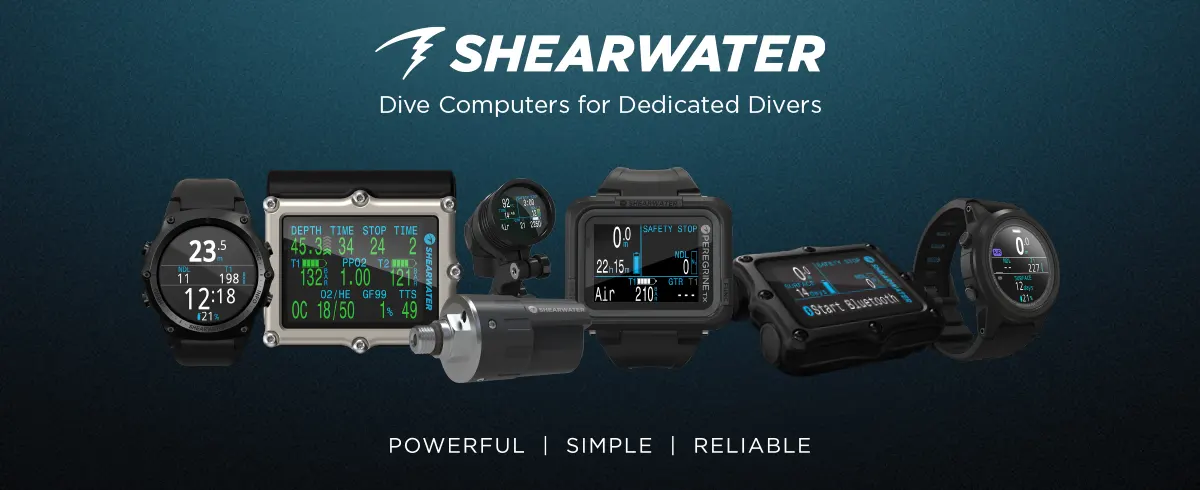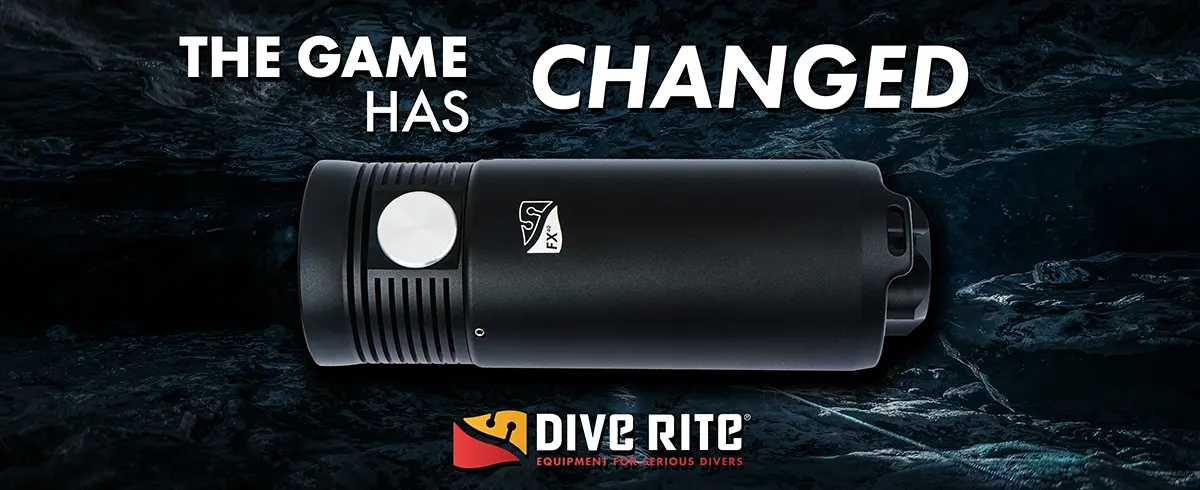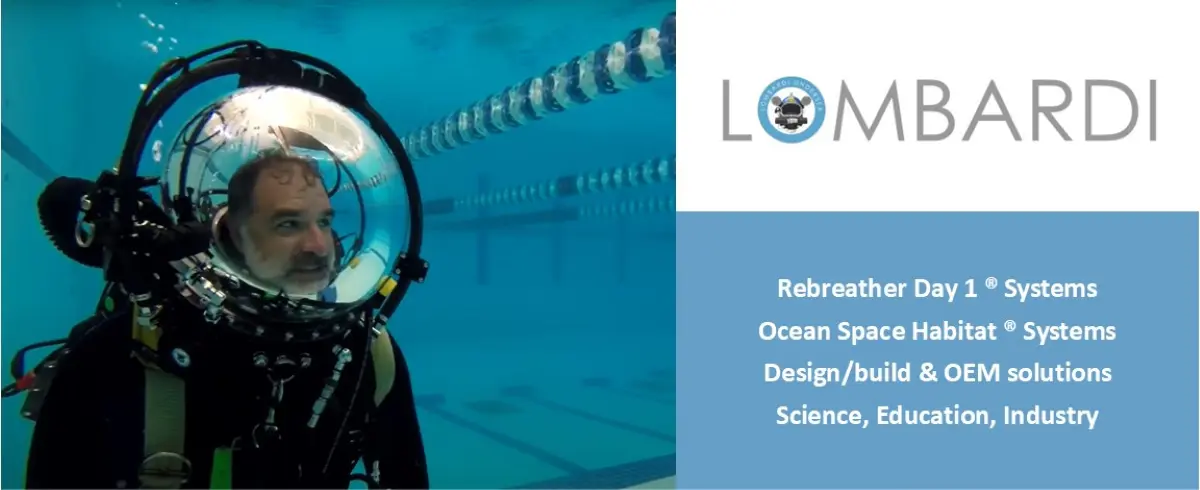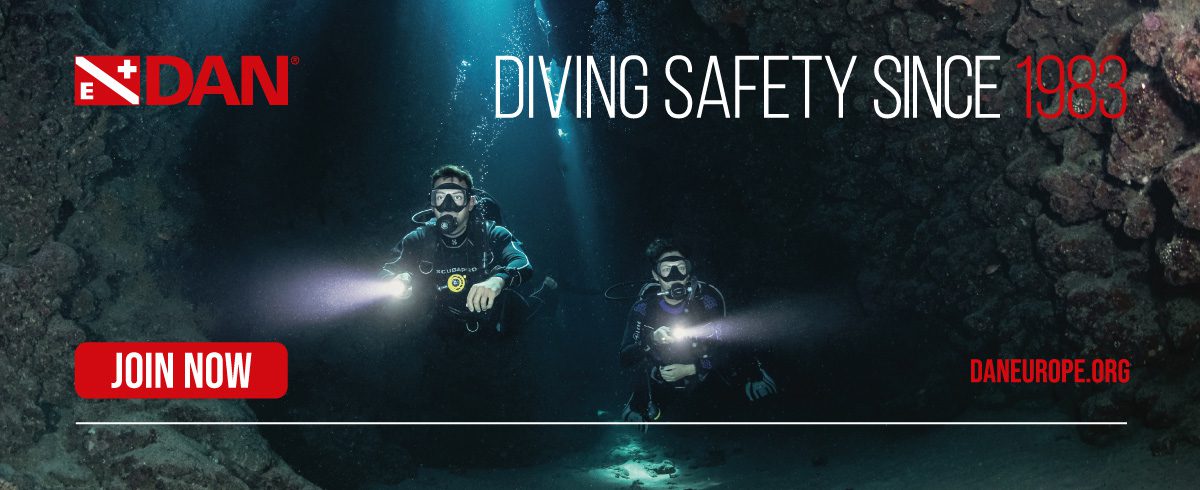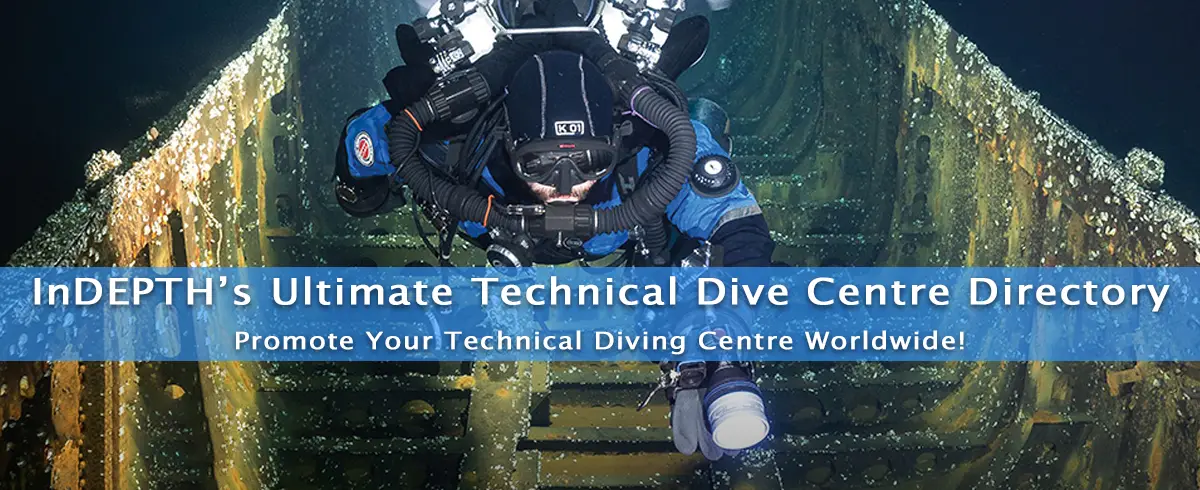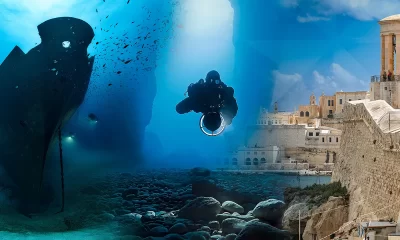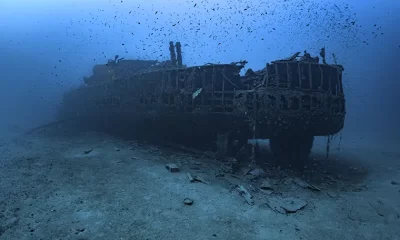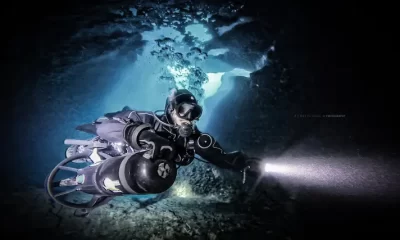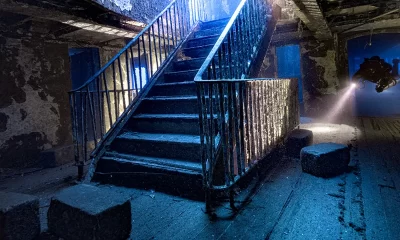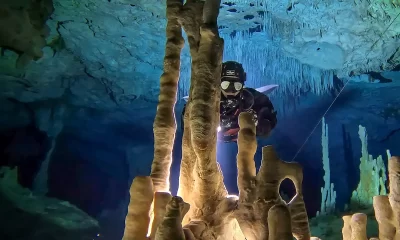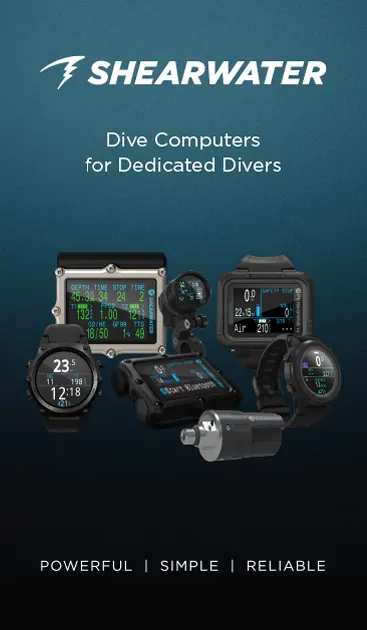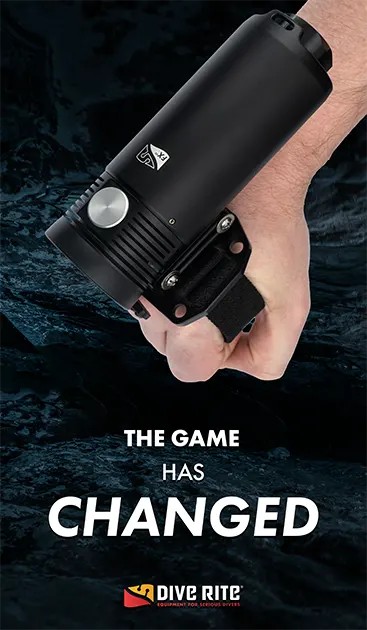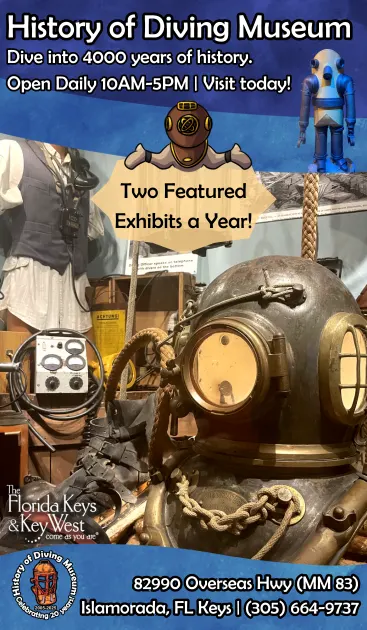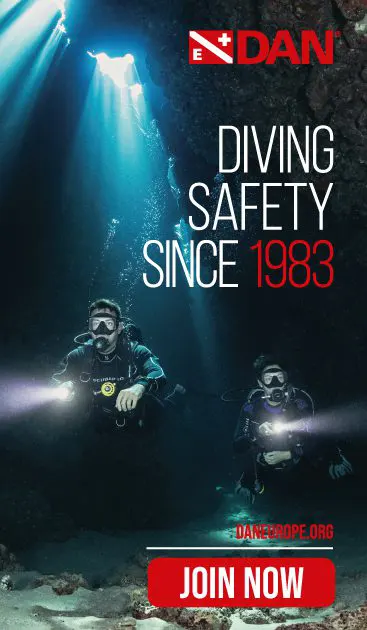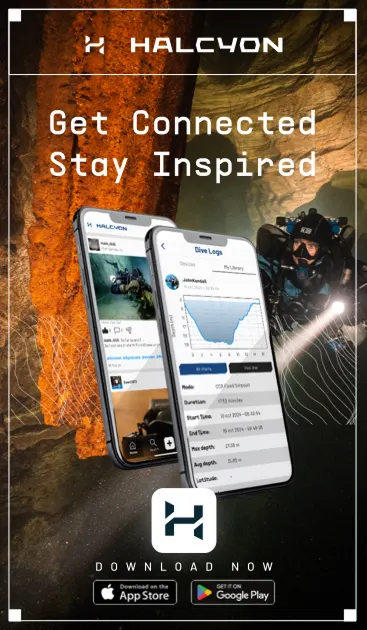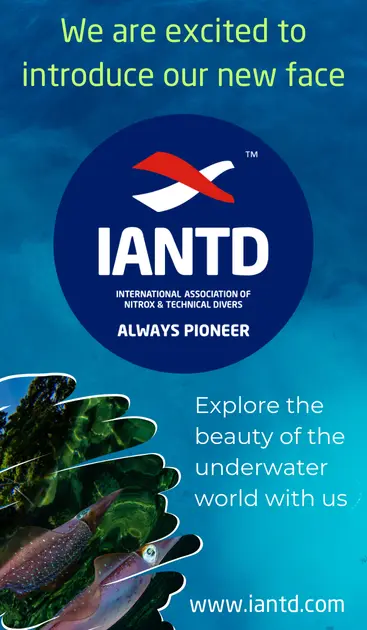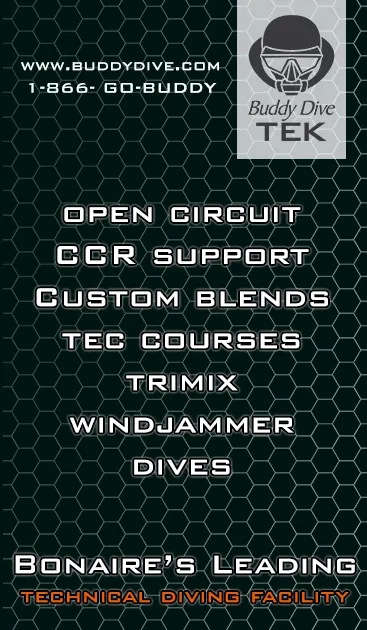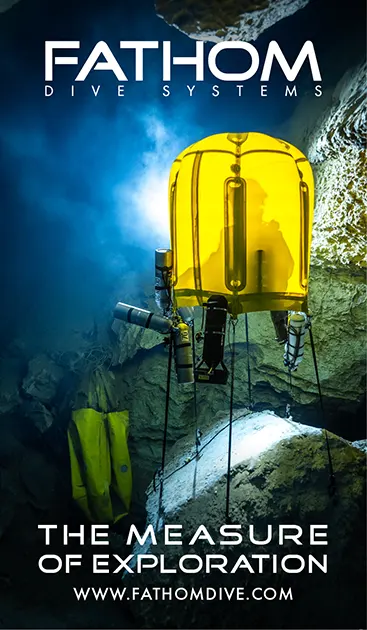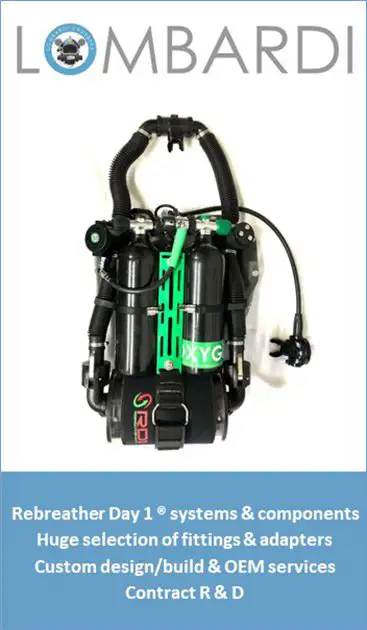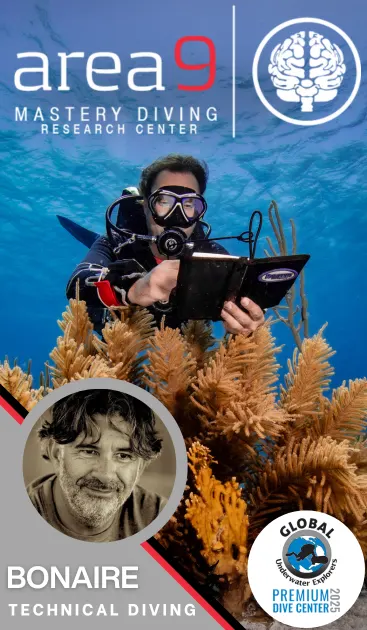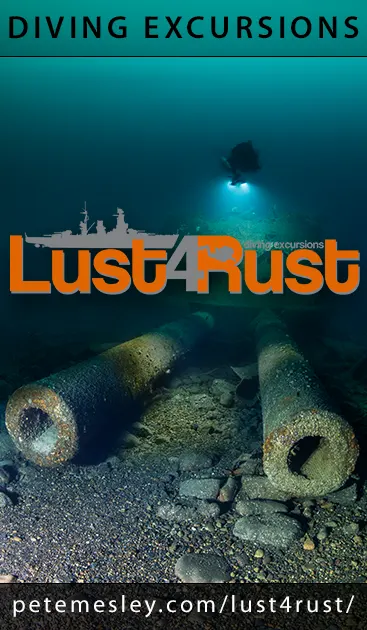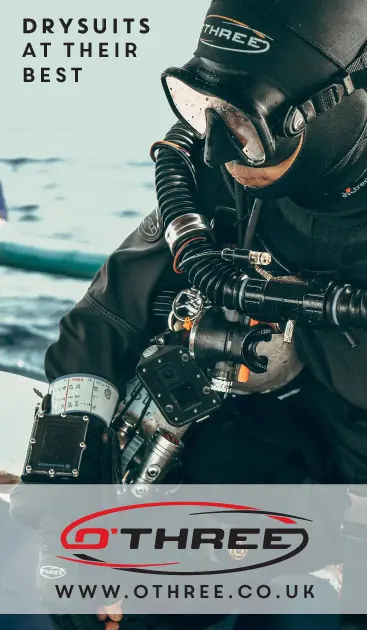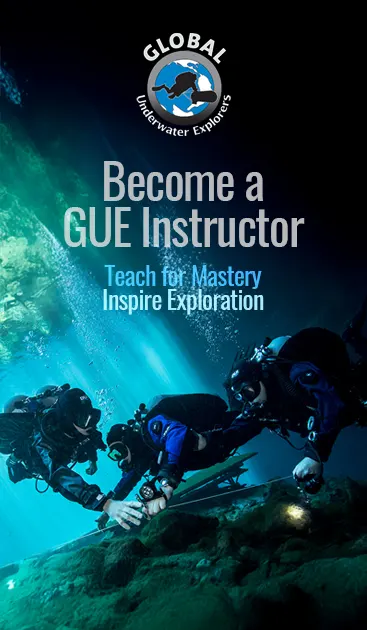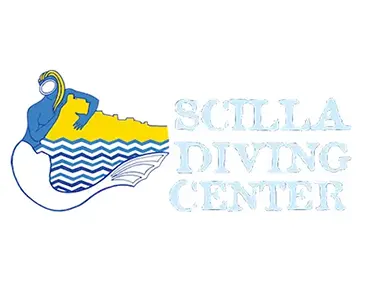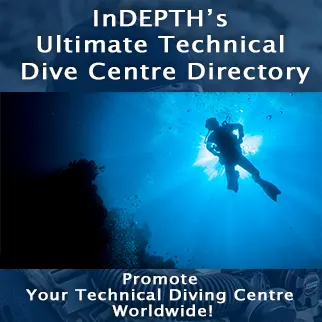Community
Evolution and Resilience in Malta’s Diving Industry: Words from the Pros
by Stratis Kas. Images courtesy of the author unless noted.
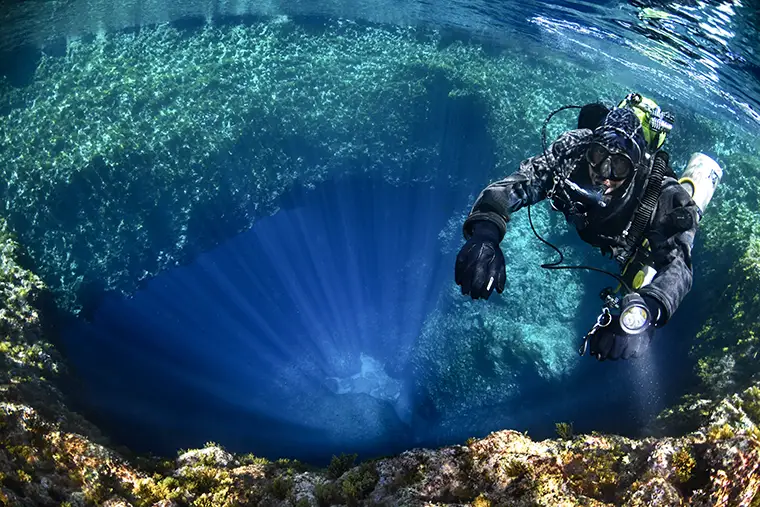
The Maltese islands are renowned for their stunning underwater landscapes and have become a magnet for diving enthusiasts from around the globe. As the diving industry on the island has grown and evolved, so too have the experiences and perspectives of those who call Malta and Gozo home and guide divers through its depths. In this article, we speak with a number of veteran diving instructors and dive centre owners to uncover their insights into the local diving industry, the environmental and community changes they’ve witnessed, and the unique challenges and rewards of their professions.
Specifically, we explore a few key areas: the growth of Malta tourism and its impact on diving, the growth and evolution of technical diving in Malta, what it’s like to be a tech instructor there, changes in environmental conditions, and the outlook for the future. Please note that the Republic of Malta has a population of over a half million residents and it’s visited by approximately three million tourists a year
Join us as we gain a personal look into the evolution, challenges, and surprising realities of life and work in Malta’s enigmatic dive industry through the eyes of experts: Brian Azzopardi, Hubert Borg, Audrey Cudel, John Kendall, Vas Proud, Tom Steiner, Paul Toomer, and Alan Whitehead. You can find their bios and contact info below.
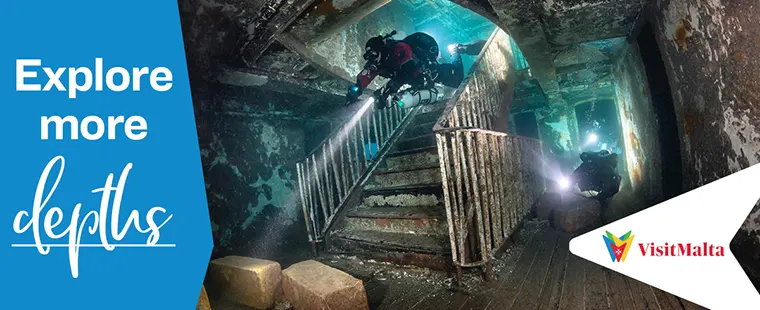
INDEPTH: In what ways has the growth of tourism in Malta impacted the local diving industry, both positively and negatively? Have you seen any shifts in the type of tourists visiting for diving?
Hubert Borg: Excitingly, the historical wrecks discovered and made accessible by Heritage Malta have attracted experienced and high-level divers who are enthusiastic about photography, videography, and/or history. However, we’ve seen some changes in bookings. While in previous years, individuals would book several days of diving months prior to their holiday, recently, there has been a shift to abrupt, short-term bookings. Tourists are flying to Malta with their diving equipment but only booking in person once they arrive, likely due to global geopolitical uncertainties. Diving costs have increased by only about 10% over the last five years but still are expensive for many people.
Audrey Cudel: Gozo is charming and attractive both on the surface and underwater, which means there are two types of tourists on the island: divers and non-divers. The cost of living and diving is fairly cheap compared to the rest of Europe, and Europe is funding many infrastructure renovations to enhance everyone’s enjoyment. Many divers visiting with non-diving family members, possibly including kids, have peace of mind knowing that their loved ones will have plenty to enjoy around the island while they are away. Many activities have developed: kayaking, climbing, hiking, cycling, and running, to name a few.
On the downside, Maltese people invest massively in island real estate, turning Gozo into an Airbnb hotspot. During the high season, rates skyrocket, and out of season, the island ends up deserted, hurting the economy. Currently, there is a lot of construction going on, and building cranes are everywhere, marring the landscape, if only temporarily. Also, road infrastructure is under pressure since traffic has tripled over the past decade.
Paul Toomer: Professor Timmy Gambin from Malta University teamed up with Heritage Malta to find new wrecks around the islands. Many of these wrecks are now open to qualified divers. The discovery of these wrecks and the realisation that Malta is an exciting deep wreck destination have boosted the Maltese technical dive industry and even encouraged recreational divers to explore technical diving.
Agnes Upton: Scuba diving is now a very lucrative niche market for our island. It is the diving industry that has greatly impacted the growth of tourism in Malta rather than the other way round. Divers come to Malta year round, which is a boost to the off-season months also.
The scuttling of wrecks has played a huge part in attracting divers to Malta. These have not only provided exciting new dive sites, but they have provided a safe haven for sealife. These wreck sites are protected “no fishing zones,” acting as nurseries and boosting fish population in these areas.
Alan Whitehead: The local dive industry falls under the Maltese Tourism Authority (MTA), which sometimes leads to a focus on marketing over health and safety. Despite this, the approach has been successful with a steady increase in tourism numbers reported by the National Statistics Office (NSO). Investment in dive sites—including facilities, parking, and security—is needed. Progress is happening, but it can seem slow, though it still exceeds the standards of many other countries. Malta is a small island, so many dive sites can be overcrowded, and few have facilities like toilets or rubbish bins. The ‘cheap’ backpacker is slowly moving away, and there is an increase in young (or not so young) professionals.
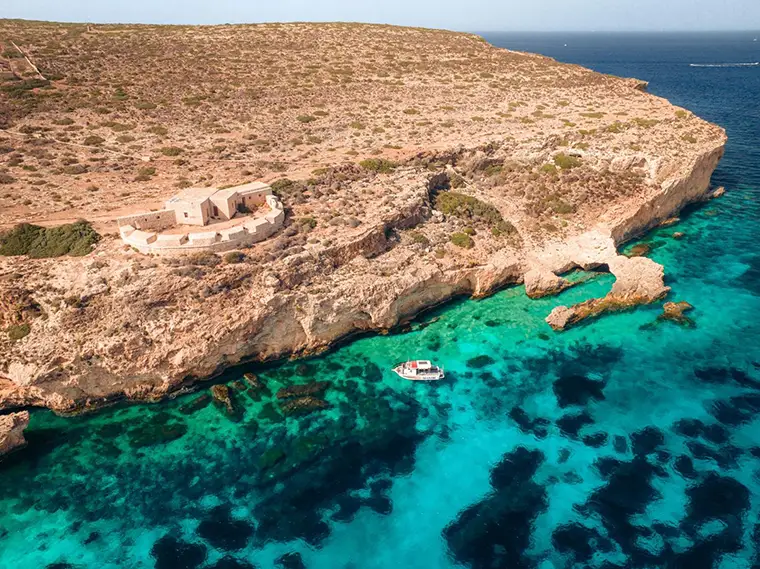
How has the technical diving industry in Malta evolved over the past decade, and what significant changes have you observed?
Brian Azzopardi: Heritage Malta has opened more historic wrecks for divers, increasing the number of dive sites and important underwater attractions. This has resulted in tourists coming from all over the world to dive on these historic wrecks. Although our main market remains European, we have divers travelling from as far as Australia and the US.
Audrey: The technical diving industry in Malta was just emerging back in 2012. Among the 13 diving facilities on the island, fewer than three offered the basic logistics required for open and closed circuit technical divers. Over the years, some facilities have invested in more technical diving-friendly infrastructure: professional mixed gas panels, compressors, stages, and CCR cylinders.
The cost of helium has significantly increased, which has led to a rise in the number of closed circuit rebreather (CCR) divers. Additionally, the diver propulsion vehicle (DPV) market has exploded, with most dive centres now offering DPV rentals. DPV diving expands divers’ experience, allowing access to unknown landscapes.
John Kendall: While equipment and training have become more available, diver competence has not followed suit. “Going Tech” has become fashionable, pushed by recreational agencies, and the average quality of instruction is not as good as it was when there were only a handful of instructors. I have also seen more damage being done to the deeper wreck sites, which used to be pretty untouched but now show significant diver impact.
Tom Steiner: We have seen an increase in female technical diving instructors at Gozo Technical Diving. The MV Hephaestus, a Greek tanker scuttled two years ago, is now one of the sites where tech divers can visit four wrecks in one dive (Karwela, Cominoland, Xlendi, and Hephaestus).
Agnes: The Maltese diving industry evolved tremendously over the past 30 years. In the 70s, there were just two dive centres: one in the south (which catered mainly to diving holidays) and one in the north (which offered training and international qualifications). There are now over 60 dive centres in Malta and Gozo bringing in a substantial amount of revenue to our tiny islands.
Scuba equipment is so very different today compared to what it was when I started diving. It is by far more comfortable and lighter with more size options, designs, and (of course) improved safety features. Today, all divers today own dive computers. By contrast, we had to calculate every dive using basic watches and capillary depth gauges.
Alan: Over the years, the number of centres becoming tech-oriented has increased. This shift has forced centres to up the ante to meet the demands of the burgeoning tech market. Divers now have increased knowledge due to better access to information and often come with a pre-planned itinerary. Heritage’s protected sites have enforced appropriate diving etiquette for deeper wrecks. Boats equipped with sonar, fish-finding technology, and GPS have become the norm, even on traditional Maltese Luzzu boats.

How has tech diving influenced the local community and economy in Malta? Are there any particular initiatives or programs that have been beneficial?
Hubert: Beyond direct benefits from diving clients frequenting local businesses, the Maltese technical community has enabled Heritage Malta and its Underwater Cultural Heritage Unit to form a world-class team to explore, document, and preserve historical shipwrecks. This preservation of Maltese and global heritage has also provided closure to families of individuals lost at sea, like the famous case of the HMS Urge submarine.
Audrey: From my experience, not much. Technical diving is an expensive activity requiring significant investment from both the diving facility and the diver. The government supports facilities with micro-investment credits for purchasing equipment like compressors, mixing panels, and trucks. However, technical divers often travel with their own equipment and don’t buy much locally, as local prices can’t compete with online offers abroad. For instance, one might hope for VAT exemptions on regulators as “oxygen therapy” equipment, but local distributors can’t match the online market.
John: A significant change is the Malta Heritage setup for deeper wrecks. It was always possible to dive many wrecks if you knew the right people, but now it’s more organised. This increased organisation means these wrecks get more traffic.
Vas Proud: Events like the Rebreather Forum 4.0 in Malta and the DiveSoft Rebreather event in Gozo have drawn global attention, highlighting Malta’s diving and environment. The government-sponsored project on the Phoenician wreck dive site also showcased Maltese scientific leadership.
Tom: It’s still a niche market, but it’s growing as technology and education evolve. At our centre, technical diving represents about 95% of our customers.
Alan: Tech diving has influenced all aspects of the diving community. Recreational instructors now use wing/long hose configurations and focus on trim, buoyancy, and techniques. There’s a drive to assist divers and explore the next big thing. Many instructors aspire to progress to tech and CCR instruction aiming to become instructor trainers, providing clearer career paths.
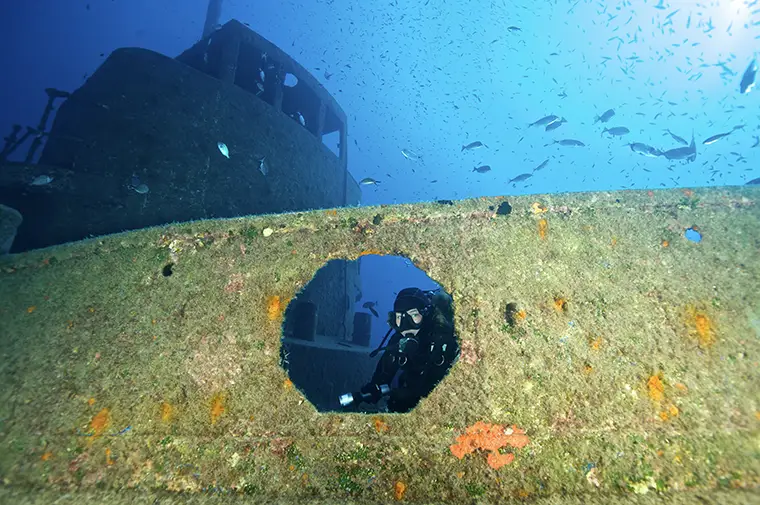
What do you consider the best and worst things about living and working as a tech diving instructor in Malta or Gozo, and how do these aspects influence your daily life and work?
Brian: Gozo is blessed with deep water all around the island. If the sea is too rough for the boat, we have several spots to explore directly from the shore, reaching depths of 100 m/330 ft, which is great for technical training. Typically, the instructor-to-student ratio is 1:1 or 1:2. The cost for diving off a boat would be unthinkable! On Gozo, we dive on the sheltered side when the wind blows from the north, and vice versa. Crossing the island takes only 15 minutes by car. We can reach top dive sites within 5 to 15 minutes. Although we have wonderful deep attractions, we miss the war wrecks found near the Grand Harbour in Malta. Travelling by boat to these spots can take up to an hour.
Audrey: I fell in love with Gozo 12 years ago, and I still love it, despite everything. I cannot stand big cities, and I like the simplicity of life here. I enjoy designing diving equipment and love that I can walk into my blacksmith neighbour’s garage to have metal things welded from my drawings. The best thing about living and working in Gozo is that the island feels like a village where everyone knows everyone—like a big, friendly family.
I am lucky to work in a facility surrounded by professionals who support my work in the best possible way. However, living and working in a small “village” also has its downsides. The island is small, and there are many gossips. It can be hurtful sometimes. This environment has shaped my way of living and working; I regularly need to leave, see the world, and remember why I call this place home.
Over the years, I have transitioned from managing a crowded dive centre to working individually, which allows me to focus on what I want to share with my customers and friends. I strive to balance maintaining respect and friendliness while keeping a safe distance from the local professional diving community at times.
Vas: The best thing is the variety of dive courses we can run, from shallow sites to deep wrecks. The island is small, and the standard joke is “How far is the dive site?” It’s always 15 minutes away! Despite the wind, we can almost always find a dive spot. The worst things are the heat in the high season and the busy roads and sites. However, you can adjust your schedule to avoid the midday sun and crowds. Organising repairs or arranging my annual medical can take time, but I wouldn’t trade that for the lifestyle here. The professional dive community is small, and I love knowing my peers and several dive centre owners. We help each other out, and I can get assistance and knowledge from locals. I am currently applying for citizenship and don’t foresee a return to “modern life.” Gozo is “set back in time” compared to my former London lifestyle, and once you get used to it, you may find it advantageous. As a diver, it is full of options and opportunities.
Tom: Living and working on Gozo is a dream for me. I can offer nearly any technical diving course here. Logistics are easy; you can reach dive sites quickly, and if the weather isn’t favourable, you can find an alternative dive site on the other side of the island within 10 minutes. We have good conditions, good visibility, great people, and good infrastructure (though some roads could be better). Access to dive sites is generally fine; some are tougher for some customers, but there is always a place to please a diver, whether shallow or deep.

Have you noticed any environmental changes in Malta’s underwater ecosystems such as coral health, fish populations, or water quality? What measures are being taken to protect these environments?
Brian: Warmer waters have affected visibility and marine species around Malta. Large groupers, seahorses, tun shells, and most pelagic fish have become rare. However, several alien species like cornet fish, triggerfish, and various jellyfish are now appearing. Though they aren’t allowed to touch anything, divers do disturb marine creatures and habitats. The number of amateur fishermen and pleasure boats has tripled, damaging our Posidonia meadows, the only plant in our sea and a source of oxygen.
Hubert: The Cirkewwa Marine Park has a management plan with measures, restrictions, and objectives. Since its introduction, we are seeing species that were previously rare. However, water quality seems to be deteriorating with multiple jellyfish blooms occurring annually, unlike in previous years.
Audrey: The rise in Mediterranean Sea temperatures is obvious, and impacts all underwater ecosystems. In Gozo, divers often complain that marine life is scarce, affected by boat traffic and overfishing. When I reported drifting nets to local authorities, no action was taken, and we’ve seen little activity from the Ghost Fishing organisations. Attempts to create marine reserves have failed due to the control of local fishermen syndicates. Researching the island’s hydrological system, I found increasing pollution inland, with wastewaters washing into the sea. European funding for environmental protection is sometimes misused. I’ve also seen more waste and plastics on the shores even though some government entities and volunteers work to preserve underwater archaeology and turtle nesting sites.
Vas: I don’t think the environment is deteriorating in general. There is natural erosion of artificial reefs, and shipwrecks are slowly developing more holes, integrating with the environment and becoming more appealing. Gozo doesn’t compete with the Maldives or Egypt for sea life but offers unique underwater landscapes, shipwrecks, and diverse dive sites.
Tom: At Gozo Technical Diving, we implemented a recycling system, donating bottles and cans to Nature Trust (a conservation organisation). Water quality issues arise from heavy rainfall affecting pipes, but local authorities are making efforts to address these issues.
Agnes: Plastic pollution is a global problem that is also affecting Malta. Even with all the education and constant promotion to reuse and recycle, we still find plastic in the sea. However, the recent introduction of return-for-money plastic bottle and metal can facilities has had a positive impact. People are now returning plastic bottles to these facilities rather than littering.
Alan: Dive operators self-govern, leading to practices prioritising commercial gains. Some, like New Dimension Scuba, focus on an “eco” approach, but this is rare. Operators should emphasise quality service and educate divers so as to minimise their impact. Malta may not have coral reefs, but good diving practices are essential. Over the last 20 years, marine life has dipped but shown signs of recovery since 2022, post-COVID. Efforts by Sharklab-Malta, the University, and training agencies pushing the ”eco” approach have improved marine flora and fauna.
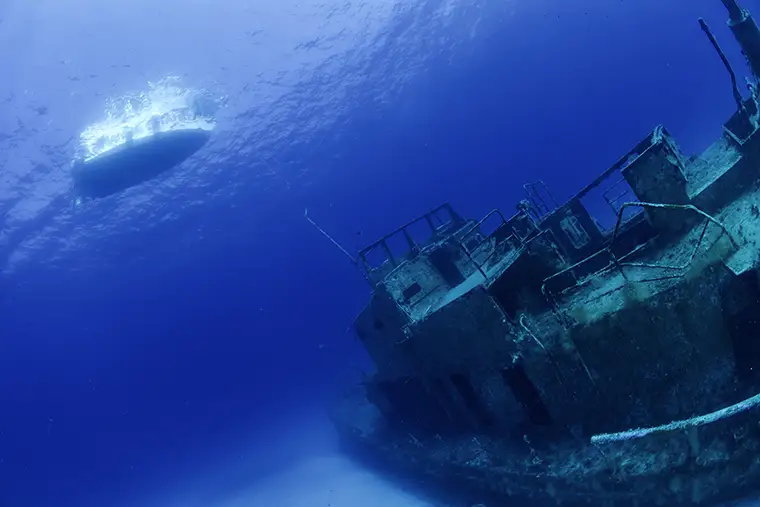
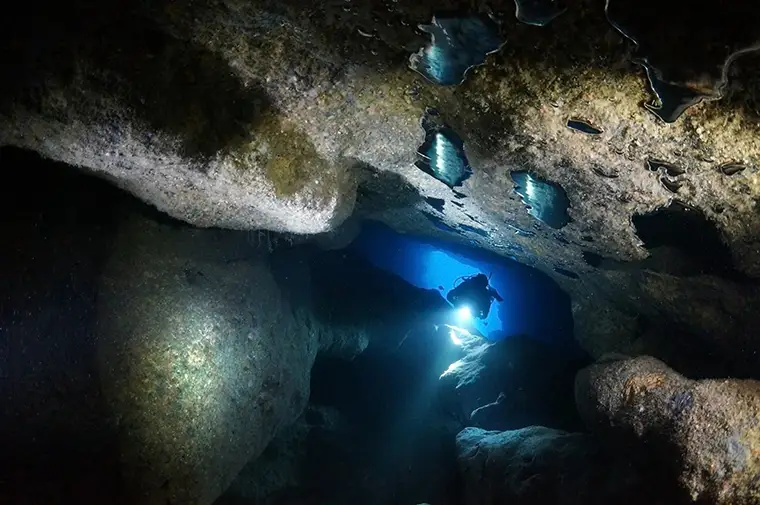

What do you foresee for the future of technical diving in Malta? Are there any emerging trends, technologies, or challenges that you think will shape the industry in the coming years?
John: I look forward to more wrecks being “released” by Heritage Malta. I also see more people using DPVs in Malta which could help us discover more interesting sites. However, Malta’s attitude toward diving accidents needs to change. In some cases, buddies of divers who unfortunately died have been prosecuted. This doesn’t foster an environment of understanding and may discourage reporting near misses, potentially leading to more fatalities in the future.
Vas: As technical diving grows in popularity in Gozo, comfort for divers will improve. Currently, many sites lack bathroom facilities and vendors for snacks and drinks, which are important for long, deep dives. DPV use is increasing, making previously distant sites more accessible. Five years ago, no centres offered DPV rentals, but now there are at least five centres in Gozo. Improving site access—such as servicing ladders and maintaining marker buoys over wrecks for a longer period each year—will benefit both recreational and technical divers.
Tom: Both Gozo and Malta have decompression chambers, which is crucial for technical diving destinations. CCR is becoming more popular, and solid state oxygen sensors are about to make CCR diving safer. New dive computers are also coming, and dive centres are becoming more sustainable—caring for the environment. However, education remains paramount, and not all training or diving is suitable for everyone.
Paul: The future is incredibly bright. Imagine a short boat ride to dive a 2,700-year-old Phoenician wreck full of amphora at 110 m/360 ft or one of many submarines, destroyers, or torpedo boats. Malta’s and Gozo’s incredible topography pushes divers toward technical diving to explore these sites. Most of these are shore dives—no boat needed. The Maltese diving community will continue to embrace new technologies and trends.
Agnes: The recent discovery of so many historic deep wrecks is exciting. These discoveries can only boost our industry even further; soon advancements in scuba equipment will allow more divers to visit these dive sites.
Alan: More legislation is on the way. For example, the MTA and the PDSA will require a Skills Pass. [It’s] seen as an unnecessary government mandate for tourism, but it will force the industry to assess its skill levels and employee qualifications. Better-trained professionals will benefit the diving community. Training agencies are offering more options, which should extend the career lifespan of dive instructors, which currently is too transient.
To wrap it up, Malta’s diving scene is a vibrant, ever-evolving adventure. Our local and international experts have painted a picture of a community that’s as dedicated to innovation as it is to preserving its natural treasures. With every dive, you’re not just exploring breathtaking sites but also becoming part of a dynamic and supportive community.
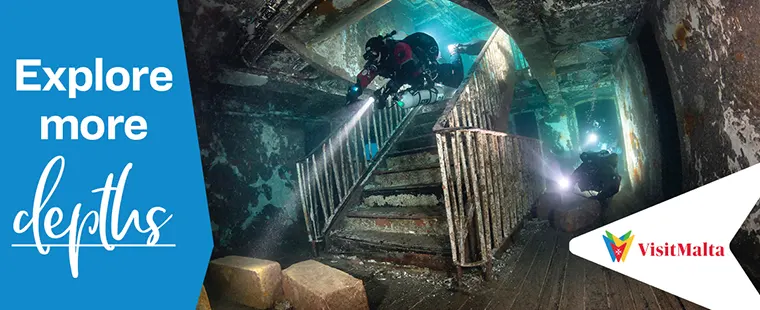
Contributors Information:
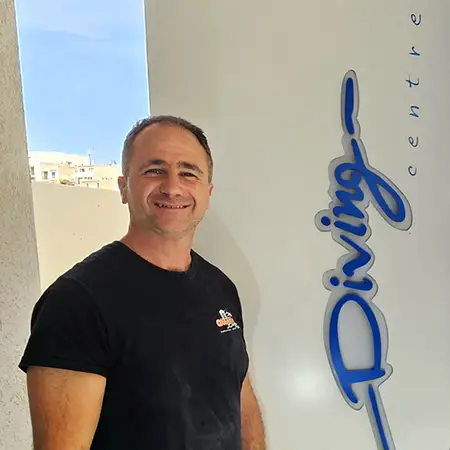
Brian Azzopardi
Atlantis Gozo
Tel: +356 2219 0000
Brian Azzopardi is the owner and managing director of Atlantis Diving Centre in Gozo, Malta, a role he’s held since 1996. Over the years, Brian has amassed extensive experience and knowledge, teaching PADI, BSAC, CMAS, and TDI courses ranging from beginner levels to Advanced Trimix. Beyond teaching, he has mentored and guided thousands of students, instructors, and clients. With over 20,000 dives, primarily in Maltese waters, Brian remains enthusiastic about diving and sharing his underwater expertise with both locals and tourists.
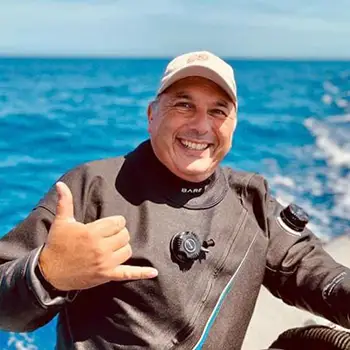
Hubert Borg
Seashell Dive Centre Director and PDSA P.R.O.
SEASHELL DIVE CENTRE
Tel: +356 21521062
Cell: +356 99442809
Born and bred in Malta, Hubert knows these waters and dive sites like the back of his hand. With his uncompromising dedication to excellence, Hubert has founded and is the proprietor of our award-winning dive centre: Seashell Dive Centre recently celebrated 17 years in business. His fervor for underwater photography, photogrammetry, and boating have helped him to build a lot of strong connections within the diving industry.

Audrey Cudel
Audrey Cudel Technical instructor
Tel: +356 7900 9575
[email protected]
www.audreycudel.com
Audrey Cudel is a highly respected Technical Diving Instructor, TDI Instructor Trainer, Full Cave Evaluator, SANTI & SEACRAFT Ambassador, and renowned underwater photographer known for her distinctive style within the technical diving community. She founded a prominent technical diving facility in Gozo, Malta, in 2012, and later established her company, AUDREY CUDEL TECHNICAL, which operates globally and specialises in sidemount essentials, technical sidemount, cave diving training, and related equipment. With over 30 years of diving and 15 years of teaching experience, Audrey has taught in Egypt, Gozo/Malta, Mexico, and Spain, focusing on full cave and decompression procedures, sidemount, and technical sidemount training. Audrey believes that personal diving enhances her teaching, and her adaptive style is designed to improve each student’s skills and safety. She is also an enthusiastic underwater photographer whose work has been featured in various magazines and diving industry materials. A DAN-certified instructor, Audrey has served as a safety diver for technical diving events and documentaries, bringing extensive experience to her demanding and customised courses; these include video debriefs for comprehensive training.

John Kendall
GUE Instructor Evaluator
GUE Training Council Member
[email protected]
www.johnkendall.com
John Kendall is one of only three active GUE technical instructors, and the only GUE cave instructor, based in the UK, who are ardently introducing students to technical and cave diving. John conducts classes regularly in Malta through Techwise diving centre. Whether divers aim to “go tech” or enhance their recreational skills, John offers tailored instruction to help them achieve their goals. His journey with GUE began in 2003, and by 2006, he became a GUE Fundamentals instructor, eventually teaching across the technical, cave, and CCR curricula. He later became a GUE Instructor Trainer. An avid explorer, John travels worldwide, exploring diverse dive sites such as the phreatic caves of France, Florida, and Mexico; flooded mines in Finland; and deep wrecks off the coasts of the UK, Malta, and Sweden. Since learning to dive in 1993, John has participated in numerous high-profile projects, including record-breaking cave traverses with the WKPP and archaeological dives in the Mediterranean, Baltic Sea, and English Channel. He is a Fellow of The Explorers Club of New York.
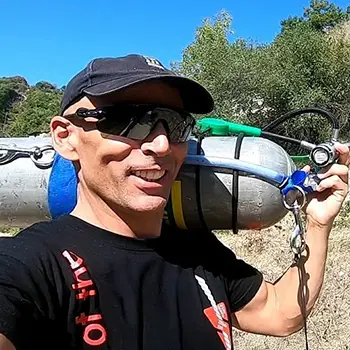
Vas Proud
Diver By Design, Sidemount, Technical & Cave Diving
Vas Proud fell in love with diving from the first moment underwater, which sparked a predilection for technical diving and led to advanced training with Steve Martin, culminating in entry-level trimix in a multi-stage sidemount configuration. With a science and engineering background, Vas has a keen interest in the technical aspects of diving and uses this expertise to tailor training to individual divers’ needs, believing that personalised instruction helps each diver reach their goals. Initially diving in warm waters like Egypt, Thailand, the Maldives, and the Caribbean, Vas expanded his experience to the colder waters of the UK, developing a preference for dry suit diving. Specialising in sidemount, Vas became interested in overhead environments, undertaking cave and wreck training across Europe to refine teaching methods for varying conditions. In Malta, Vas works with Atlantis Diving Centre. Vas’s instructional success is rooted in balancing challenge, empathy, and support and he strives to ensure a focused and immersive training experience. Regularly diving in caves and deep wrecks to maintain personal enjoyment and skill proficiency, Vas’s favourite dives are those where both individual and team performances meet planned objectives.
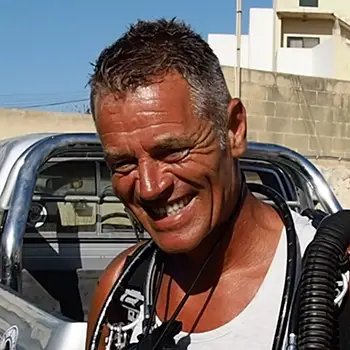
Tom Steiner
Technical Diving Malta Ltd.
Tel: +35679009565
Tom Steiner van den Ouweelen—a renowned technical and recreational Course Director, Instructor Trainer, and Examiner—resides in Gozo, Malta, where he enthusiastically teaches technical and cave diving in backmount and sidemount configurations. With 45 years of diving experience and 36 years as a full-time instructor, Tom offers demanding yet rewarding courses that transform divers into skilled professionals. Born in 1965 in Switzerland, Tom is fluent in seven languages and knowledgeable in Arabic. He began his diving journey in 1979 in Barbados, continued in Lake Geneva, and now boasts over 15,600 dives including 2,500 hours on rebreathers. A globally recognized instructor trainer, Tom has trained instructors and astronauts, provided safety for freediving world championships, and worked on prominent marine film projects. He authored and translated diving books, developed the first Tec Sidemount course, and established the first freshwater Reef Ball project in Lake Leman. After 16 years in Sinai, Egypt spent managing and owning dive centres, Tom moved to Gozo in 2012, where he teaches from March to October and conducts global diving courses in the winter.
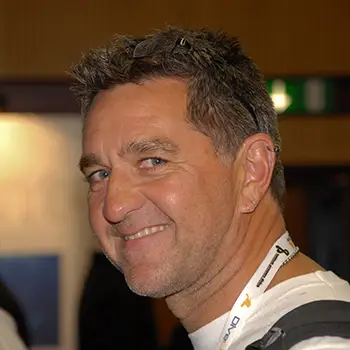
Paul V Toomer
Managing Director
Diving Matrix Tec Lab
Cell: (+44)7720287529
Paul is an experienced instructor trainer and expedition diver with a predilection for wreck, cave, sidemount, and rebreather diving. Despite living in South Africa for 23 years, he discovered diving in the cold waters of Southern England, a twist that underscores his unique approach to life and diving. Shortly after learning to dive, Paul opened his own centre in London and quickly advanced to Course Director. By 2002, he focused on technical diving with an emphasis on rebreathers. In 2007, he founded Diving Matrix Tec Lab, setting new standards for advanced diver training. As the Director of Technical Training for SSI in 2011, Paul authored manuals and trained future technical instructors. Joining RAID International in 2014, he became a co-owner and later its President in 2019. Paul has explored wrecks and caves worldwide, participating in notable expeditions to the HMS Hampshire and HMS Olympus. He also spent years living and teaching diving in Malta, working with dive centres like Techwise and others. He contributes to dive magazines, collaborates with film and TV, and presents at major diving events. Besides diving, Paul enjoys motorcycles, tattoos, playing drums, and spending time with his son, Sebastian.
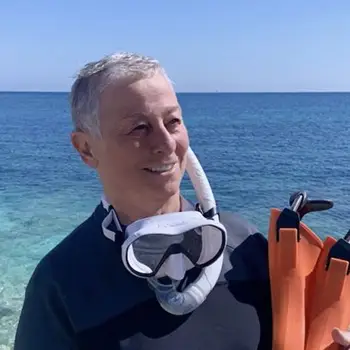
Agnes Upton
Co-owner
MALTAQUA
(+356) 2157 2558 ·
Born in Malta, where the sun shines almost daily, Agnes developed a love for the sea from a young age. She met her husband, Mike, in 1965, and by 1968, they had two children and enjoyed weekend beach outings with friends. Ken Riley introduced them to scuba diving and suggested forming a club for international certification. As a primary school teacher, she handled the formal lectures while Ken managed the practical training. In 1972, they founded Maltaqua Dive Centre, crafting their own equipment due to scarcity.
When Malta sought independence in 1979, many Britons, including Ken, left. She took over scuba duties at a local hotel while raising two children and working with limited equipment. Discovering PADI at a DEMA show, she and Mike became PADI Underwater Instructors in 1980, making Maltaqua a PADI facility. Her fondest memory is hosting the first PADI Instructor Training Course in Europe. Training the cast of the 1980 film Popeye, including Robin Williams, was a highlight of her career. Her mother’s advice—”The sea has a soft belly but a hard head.”—guided her through life. Her diving credentials: CMAS 3 Star Instructor, a PADI Staff Instructor and a BSAC Advanced Instructor.
Now 76, she remains active with her family deeply involved in diving. Her philosophy is to live for the day, cherishing moments with loved ones. She’s a CMAS 3 Star Instructor, a PADI Staff Instructor and a BSAC Advanced Instructor.
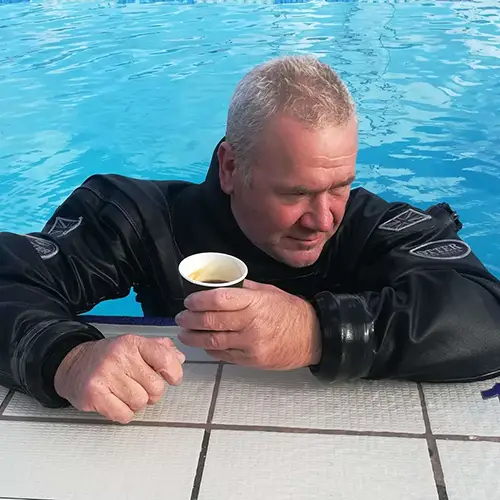
Alan Whitehead
Owner
Techwise Malta
Divewise Malta
+356 2138 4453
Alan Whitehead has been a prominent figure in the diving community since the early 1980s. His career began with recreational diving, and he transitioned into technical diving by the 1990s. He successfully ran several dive centres in the UK until 2006, offering extensive training and global dive instruction.
In 2007, Alan moved to Malta aiming to retire; instead, he took on the challenge of Divewise, a renowned dive centre that started in 1970. Under his leadership, it became an award-winning PADI Career Development Centre (CDC).
Seeing a gap in the market, he established Techwise in 2008, which has become a leader in technical diving in Malta. Alan focuses on high-quality technical services for open circuit and CCR diving, continually exploring new technologies.
Most recently, he created a ‘CCR Hub’ to support various CCR options including eCCR, mCCR, and sidemount CCR configurations. Alan’s contributions have significantly shaped the diving industry in Malta and globally.
Click here to go back to Malta Mania

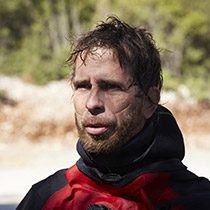
Stratis Kas, a Greek-Italian professional diving instructor, photographer, film director, and author, has spent over a decade as an esteemed Advanced Cave instructor, leading expeditions to extreme locations worldwide. His impressive diving achievements have solidified his expertise in the field. In 2020, Kas published the influential book Close Calls, followed by his highly acclaimed second book, CAVE DIVING: Everything You Always Wanted to Know, released in 2023. Accessible on stratiskas.com, this comprehensive guide has become a go-to resource for cave diving enthusiasts. Kas’s directorial ventures include the documentary “Amphitrite” (2017) (shortlisted for the “Short to the Point” Film Festival) and “Infinite Liquid” (2019) (which explores Greece’s uncharted cave diving destinations and was selected for presentation at Tekdive USA). Kas’s expertise has led to speaking engagements at prestigious conferences including Eurotek UK, Tekdive Europe and USA, Tec Expo, and Euditek. For more information about his work and publications, visit stratiskas.com.

